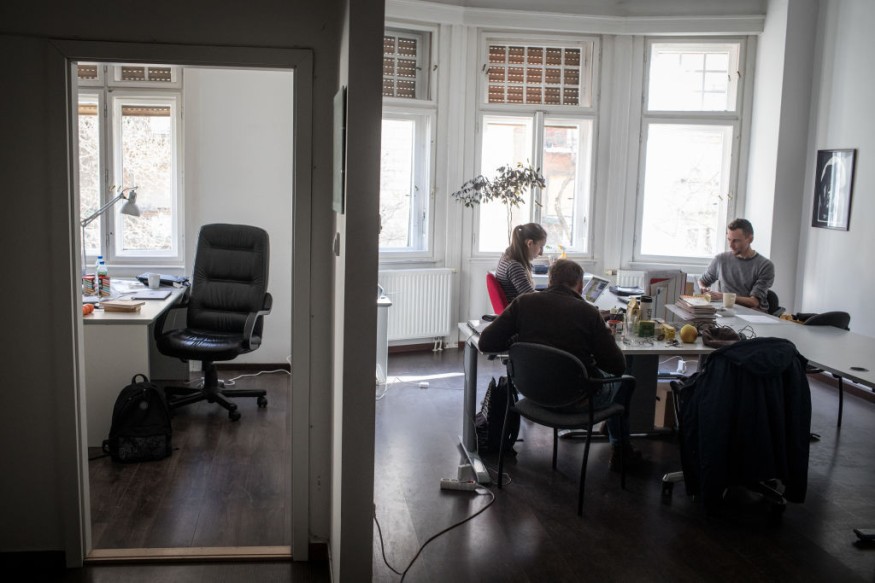
The coronavirus global pandemic caused two major problems with the real estate industry: lack of affordable housing inventory and a growing number of vacant office spaces. Since the health crisis taught everyone the art of survival, property owners are starting to use the latter problem to solve the first one.
To address the shortage in affordable housing, landlords are now converting the commercial real estate into residential spaces. This solution has become a new trend to use distressed commercial areas, keep the rent flowing, and provide housing options to renters and buyers.
In an interview with Fox Business, D.C, Office of Planning director Andrew Trueblood said that while the demand for office spaces continues to change, the pandemic made offices assess the need for much bigger workspace. Especially now that it has been a year since companies have proven that employees can effectively work from home.
"The demand for office space is continuing to change. I would say it has accelerated what we were already beginning to see in terms of you don't need as much space per person, and especially as there is more opportunity to telework," Trueblood said.
The trend of converting commercial spaces into apartment buildings also arose to have access to affordable housing in inner cities.
Converting Dilemma
While converting offices into residential units is not new in the real estate scene, D.C-based developer John E. Akridge said that the process could be costly.
"It wasn't particularly difficult; it was just expensive," Akridge said.
"One of the most expensive things we did is we cut 25% of the floor space out of this building to create these courtyards that opened up the interior of the building for lighting... and people have to use of the water," he added.
Despite the continuous rollout of the COVID-19 vaccine, many companies are still eager to allow employees to do remote work. Even Americans expressed a desire to continue working from home.
A recent Robert Half study found out that roughly 1 out of 3 professionals currently working remotely said they would quit their jobs if companies required them to return to the office full-time.
While working remotely could remain even after the pandemic, Trueblood is optimistic that "there will still be a presence and still be the need for office space" in the future.
Government Initiative
Even the U.S government has already thought about this solution to address homelessness in the county.
Earlier this year, New York Governor Andrew Cuomo proposed converting large workplace and hospitality properties into residential units.
During his 11th State of the State address last January, Cuomo said that the health crisis could be an excellent opportunity for Manhattan's central business district to innovate and address the shortage in affordable housing.
"The housing problem in our cities has worsened. But the crisis of growing vacancies in our commercial property provides an opportunity. We should convert vacant commercial spaces into affordable, supportive housing, and we should do it now," Andrew Cuomo said.
© 2026 Realty Today All rights reserved. Do not reproduce without permission.



